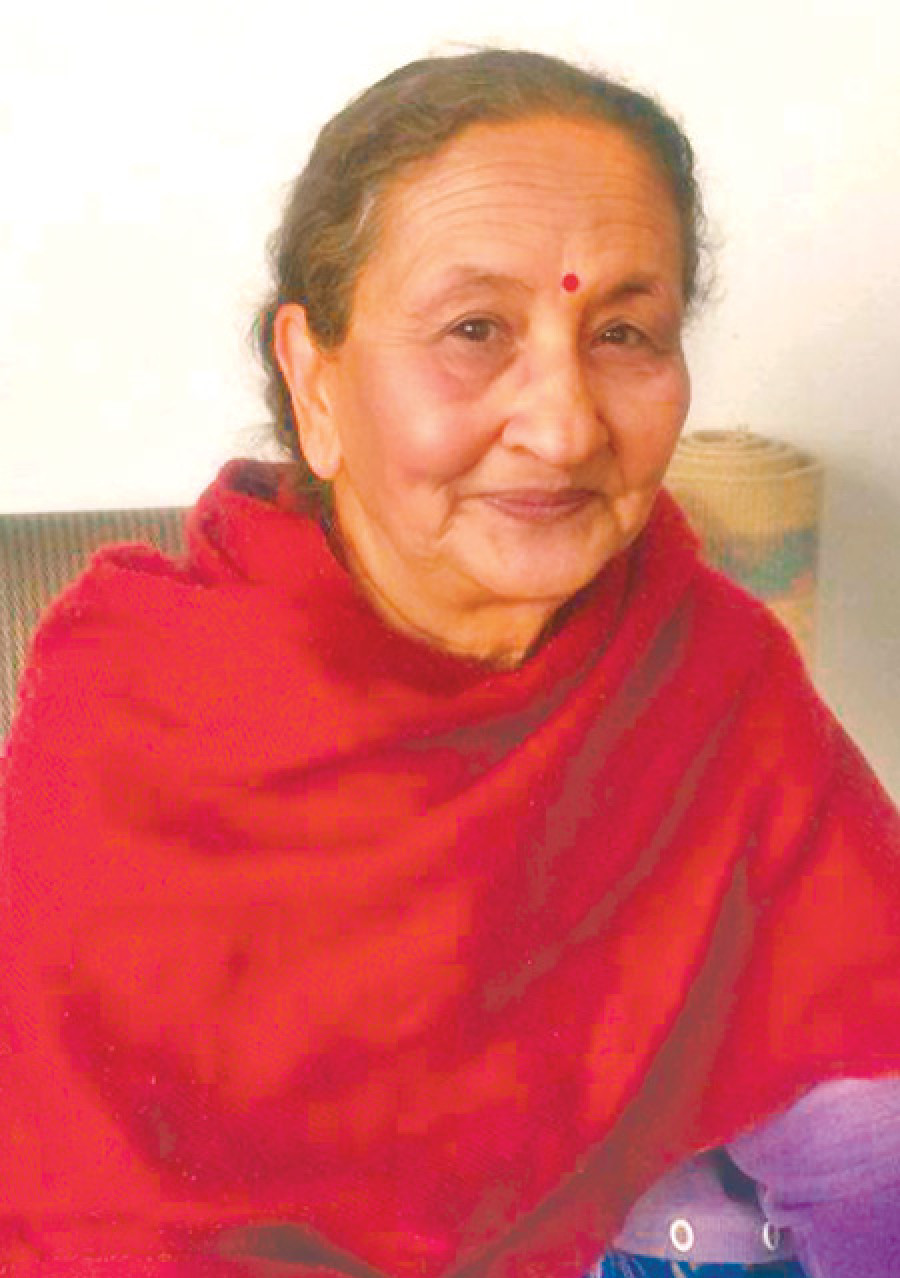Entertainment
Women for women
Anita Tuladhar is author of four anthologies of short stories such as Fulu, Ritto Sahar, Surya Grahan, and Bidambana, among others.
Anita Tuladhar is author of four anthologies of short stories such as Fulu, Ritto Sahar, Surya Grahan, and Bidambana, among others. Influenced by women writers of her time, Tuladhar went against her family norms and commonly-held societal beliefs to start a journey into writing. In this conversation with the Post’s Samikshya Bhattarai, Tuladhar talks about how the condition of women writers in Nepal has changed over the years and her own journey as a writer. Excerpts:
When you first started writing, the number of women writers was very limited. What inspired you to get into this field?
I come from a kin of writers where some of my uncles and relatives wrote. I was introduced to the works of prominent women authors such as Parijat and Dev Kumari Thapa, at an early age. These authors and their works inspired in me a zeal for writing. I also got opportunities to meet some really good writers of the time who were very encouraging.
Your stories mostly revolve around issues concerning women; was it a deliberate choice you made?
Yes, it was a deliberate choice and a demand of the time. When I first started writing, there were very few womenwriters, and the number of books written from a woman’s perspective—dealing with women’s issue—was awfully small. The problems faced by women barely surfaced in the mainstream Nepali literature. I started writing on these issues when I understood the importance of translating the problems into pages. I used real life experiences that surrounded me every day as inspiration for my stories.
The number of womenwriters hasn’t soared significantly. What do you think is the reason that the number is still limited?
Comparing the society, then and now, a huge leap has been made when it comes to involvement of women in Nepali literature scene. But the number is still limited because women are entrusted with everyday household chores—from cooking to taking care of the family members—which limits them from engaging in intellectual pursuits. Writing is not an easy job, one needs to dedicate a lot of time and put in substantial effort. With men and women sharing their traditional gender roles, it is getting better, and there is a wonderful scope for writing.
How do you think has Nepali literature scene changed over the years?
Like I said, there has been a leap; there have been many positive changes. Books are being written under a multitude of issues and being published faster than ever before. Also the resources are limitless which means while the quantity is multiplying the quality is also getting better.
How can one inspire more women to write, and to express themselves in present condition in the society?
Personally, if it was not for litterateurs like Parijat and Dev Kumari Thapa, I would not have written at all. It’s very simple: more the women writer, more the women who get inspired to write. Secondly, I think the number would soar if publishers encourage and endorse women writers. It’s hard to get books published in general, but if you are a woman, it’s even worse in Nepal.There should also be more awards and festivals focused on just women. Recently there was a literary meet featuring only women writers which I found really inspiring and encouraging. I think there should be more efforts like this to inspire women to write.
What advice do you have for readers?
Nepali people in general don’t have the habit of buying books and reading. Very less people buy books and read; most people just borrow books from others and never return it back. If a reader wants good books, then she should buy them, which will be a boost to the writer as well. I think readers should understand the effort that goes into writing and publishing books, and should support them by buying books.




 9.7°C Kathmandu
9.7°C Kathmandu









